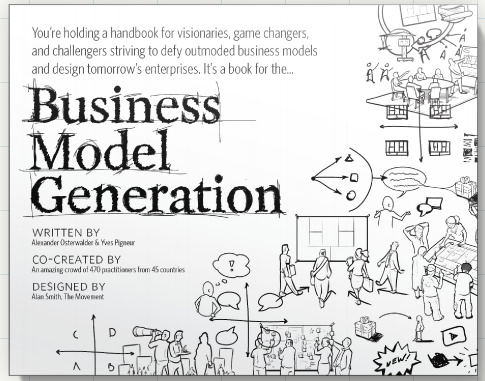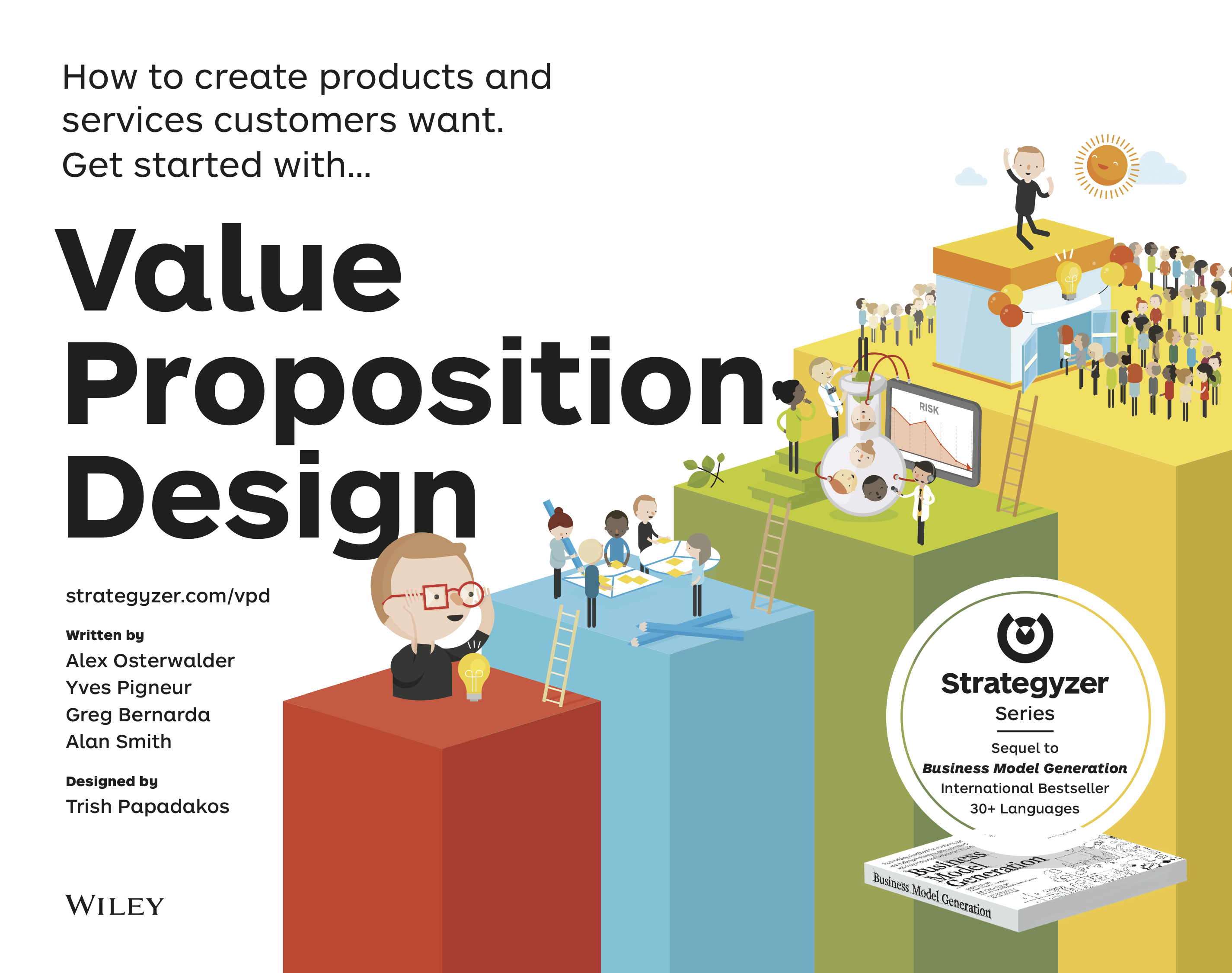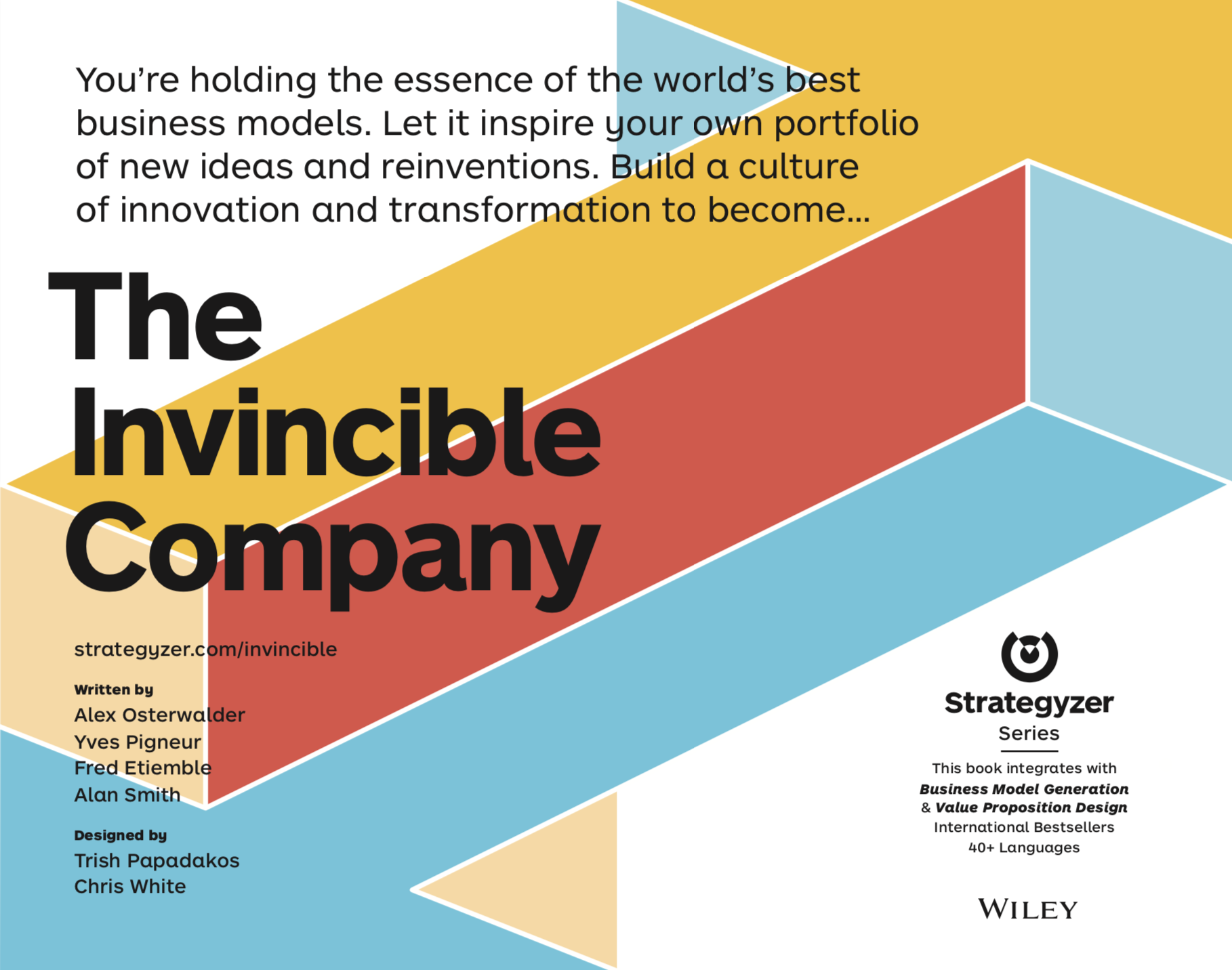Information system & service design
Fall 2010
Objective
The importance of the service economy is widely recognized. New information technology, specially Internet, the social networks and web 2.0, have redefined the ways of conducting business, providing new e-services, new customer experiences, new work practices, and new business models competing in the global market place.
The course integrates principles suggested by the design thinking, applied to business service design. The course introduces concepts, frameworks, and tools for designing new ’front stage’ services, ’back stage’ processes, and business models. Learning will be accomplished through lectures, research, case studies, and group co-design sessions.

Upon completion this course, the participants will have a general understanding of the current state and trends in service design, and be aware of design processes and tools (scenario, storytelling, task analysis, hand-sketching, brainstorming and ideation, mind mapping, process modeling, cognitive walkthrough, and others).
The participants will be able to use theses design techniques for (a) designing services, (b) re-engineering business processes, and (c) co-creating business models for innovation.
Content
The first part presents the ’front stage’ view of services, and explores techniques for designing services, analyzing the customer tasks, defining use cases and scenarios, prototyping e-services, and defining service quality.
The second part deals with the ’back stage’, and presents tools and models for re-engineering business processes and taking care of service productivity.
The third part illustrates and examines the co-design of business models for improving innovation. This part also deals with service uncertainty and scenario planning.
Syllabus syllabus
web site http://www.hec.unil.ch/yp/SI/
[slideshare id=597673&doc=servicedesign-1221402259138141-8&w=300]




